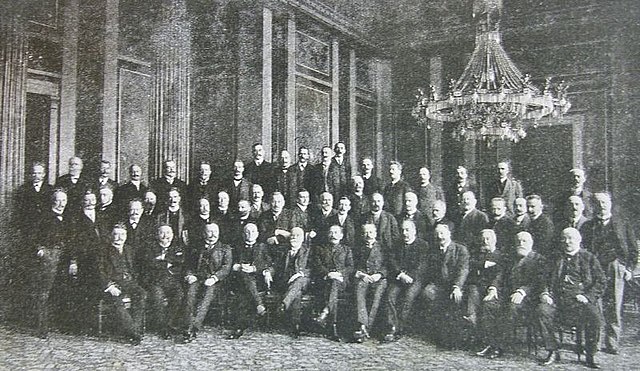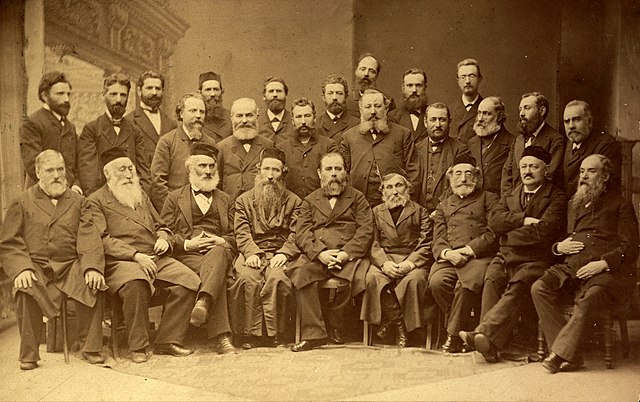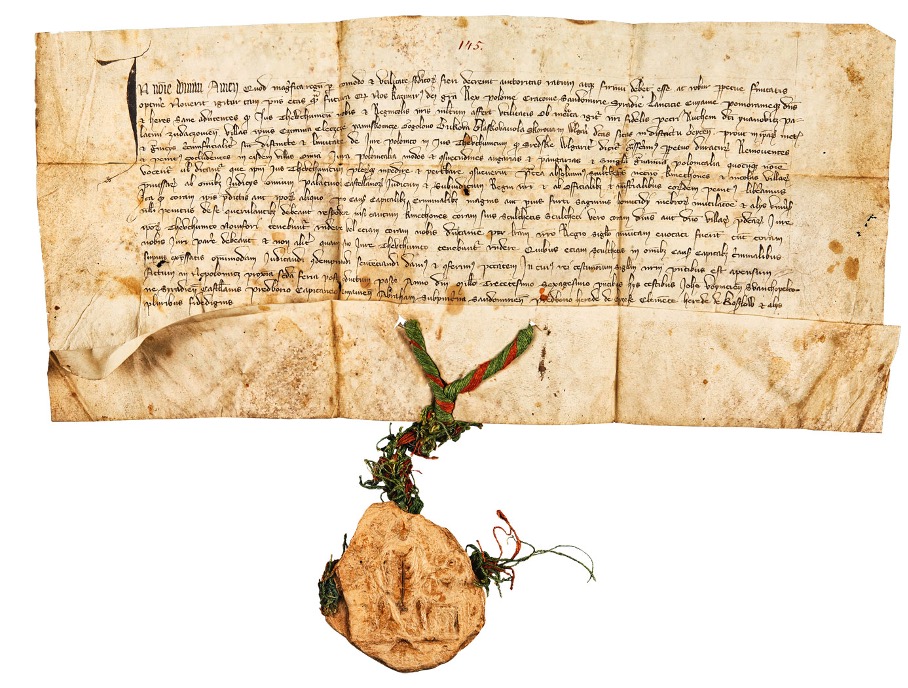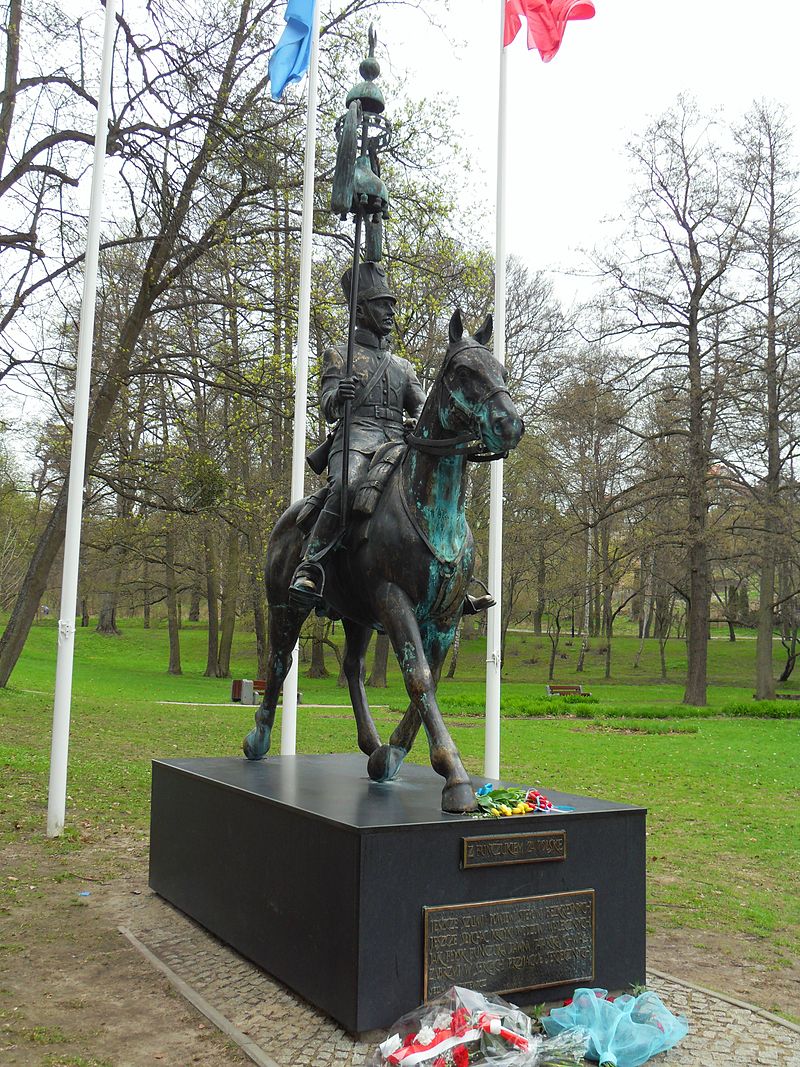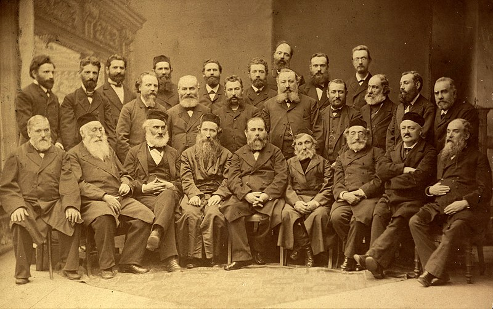
The birth of Zionism – Chibbat Syjon – Katowice
Polish figure of the „The emancipation of minorities” topic
Chowaev Zion was mainly active in the areas of the Russian partition, where the situation of the Jews was difficult due to growing anti-Semitism, pogroms and repression by the Tsarist authorities. The idea of the movement grew out of the conviction that Jews would not find a safe place in Europe and that the only solution to their problems was to return to the Land of Israel. The organisation focused on promoting the idea of emigration and supporting the first groups of settlers who went to Palestine to establish agricultural colonies there.
The Chovaev Zion movement was decentralised, with branches established in various cities in Eastern Europe. Movement activists organised fund-raisers to support the settlements and spread Zionist education among Jewish communities. Rabbis and intellectuals such as Leon Pinsker, author of the pamphlet ‘Self-Emancipation’, who called for active action for the rebirth of the Jewish people, played a key role in the movement.
Zionism in Eastern Europe rose to prominence after the pogroms of 1881-1884, when Jews began to seek solutions to their problems outside Russia. Chovevei Zion was the foundation of the later Zionist movement, which gained international reach after the First Zionist Congress in 1897. In Eastern Europe, Zionism became the unifying idea of various strands of Jewish political thought, from religious to secular, laying the foundations for the modern state of Israel.
Facts


